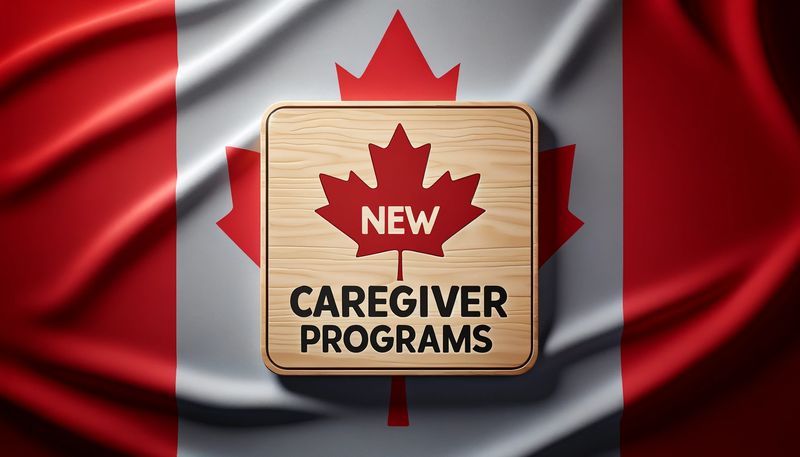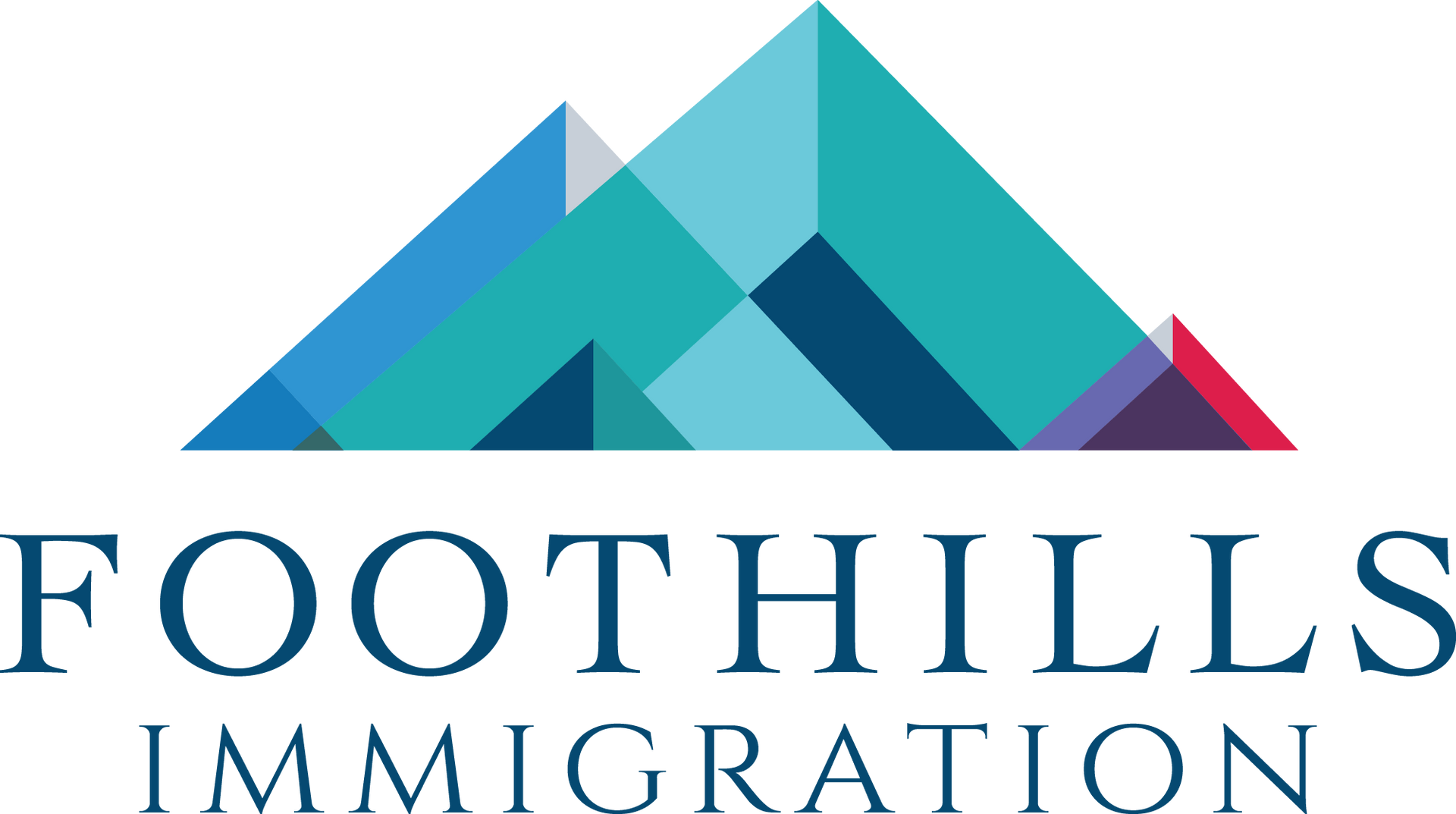By Leann Sousa
•
January 31, 2025
The Canadian federal government has released a list of TEER 2 and TEER 3 occupations that remain eligible for spousal open work permits (SOWPs). On January 14, Immigration, Refugees and Citizenship Canada (IRCC) announced that spouses of foreign workers will now only qualify for an SOWP if the principal applicant is employed in: A TEER 0 occupation A TEER 1 occupation Specific TEER 2 or TEER 3 occupations Additionally, the foreign worker must have at least 16 months remaining on their work permit at the time their spouse applies for an SOWP. These changes took effect on January 21. However, they do not impact existing valid work permits issued under previous policies, nor do they affect eligible renewals of such permits. Previously, spouses of foreign workers could obtain an SOWP regardless of the foreign worker’s occupation. Below is the list of TEER 2 and TEER 3 occupations that continue to qualify for spousal open work permits. TEER (Training, Education, Experience, and Responsibilities) is the classification system used by the Canadian federal government to define skill levels within the National Occupational Classification (NOC). TEER 0 represents the highest-skilled occupations, while TEER 5 includes the lowest-skilled roles. TEER 2 jobs still eligible for a family OWP NOC group 22 - Technical Occupations Related to Natural and Applied Sciences Aircraft instrument, electrical and avionics mechanics, technicians and inspectors 22313 Industrial instrument technicians and mechanics 22312 Electronic service technicians (household and business equipment) 22311 Electrical and electronics engineering technologists and technicians 22310 Construction estimators 22303 Industrial engineering and manufacturing technologists and technicians 22302 Mechanical engineering technologists and technicians 22301 Civil engineering technologists and technicians 22300 Construction inspectors 22233 Occupational health and safety specialists 22232 Engineering inspectors and regulatory officers 22231 Non-destructive testers and inspectors 22230 Information systems testing technicians 22222 User support technicians 22221 Computer network and web technicians 22220 Technical occupations in geomatics and meteorology 22214 Land survey technologists and technicians 22213 Drafting technologists and technicians 22212 Industrial designers 22211 Architectural technologists and technicians 22210 Landscape and horticulture technicians and specialists 22114 Conservation and fishery officers 22113 Forestry technologists and technicians 22112 Agricultural and fish products inspectors 22111 Biological technologists and technicians 22110 Geological and mineral technologists and technicians 22101 Chemical technologists and technicians 22100 NOC group 32 - Technical Occupations in Health Opticians 32100 Licensed practical nurses 32101 Paramedical occupations 32102 Respiratory therapists, clinical perfusionists and cardiopulmonary technologists 32103 Animal health technologists and veterinary technicians 32104 Other technical occupations in therapy and assessment 32109 Denturists 32110 Dental hygienists and dental therapists 32111 Dental technologists and technicians 32112 Medical laboratory technologists 32120 Medical radiation technologists 32121 Medical sonographers 32122 Cardiology technologists and electrophysiological diagnostic technologists 32123 Pharmacy technicians 32124 Other medical technologists and technicians 32129 Traditional Chinese medicine practitioners and acupuncturists 32200 Massage therapists 32201 Other practitioners of natural healing 32209 NOC group 42 - Front-Line Public Protection Services and Paraprofessional Occupations in Legal, Social, Community, Education Services Specialized members of the Canadian Armed Forces 42102 Early childhood educators and assistants 42202 NOC group 72 - Technical Trades and Transportation Officers and Controllers Contractors and supervisors, machining, metal forming, shaping and erecting trades and related occupations 72010 Contractors and supervisors, electrical trades and telecommunications occupations 72011 Contractors and supervisors, pipefitting trades 72012 Contractors and supervisors, carpentry trades 72013 Contractors and supervisors, other construction trades, installers, repairers and servicers 72014 Contractors and supervisors, mechanic trades 72020 Contractors and supervisors, heavy equipment operator crews 72021 Supervisors, printing and related occupations 72022 Supervisors, railway transport operations 72023 Supervisors, motor transport and other ground transit operators 72024 Supervisors, mail and message distribution occupations 72025 Machinists and machining and tooling inspectors 72100 Tool and die makers 72101 Sheet metal workers 72102 Boilermakers 72103 Structural metal and platework fabricators and fitters 72104 Ironworkers 72105 Welders and related machine operators 72106 Electricians (except industrial and power system) 72200 Industrial electricians 72201 Power system electricians 72202 Electrical power line and cable workers 72203 Telecommunications line and cable installers and repairers 72204 Telecommunications equipment installation and cable television service technicians 72205 Plumbers 72300 Steamfitters, pipefitters and sprinkler system installers 72301 Gas fitters 72302 Carpenters 72310 Cabinetmakers 72311 Bricklayers 72320 Insulators 72321 Construction millwrights and industrial mechanics 72400 Heavy-duty equipment mechanics 72401 Heating, refrigeration and air conditioning mechanics 72402 Railway carmen/women 72403 Aircraft mechanics and aircraft inspectors 72404 Machine fitters 72405 Elevator constructors and mechanics 72406 Automotive service technicians, truck and bus mechanics and mechanical repairers 72410 Auto body collision, refinishing and glass technicians and damage repair estimators 72411 Oil and solid fuel heating mechanics 72420 Appliance servicers and repairers 72421 Electrical mechanics 72422 Motorcycle, all-terrain vehicle and other related mechanics 72423 Other small engine and small equipment repairers 72429 Crane operators 72500 Water well drillers 72501 Air pilots, flight engineers and flying instructors 72600 Air traffic controllers and related occupations 72601 Deck officers, water transport 72602 Engineer officers, water transport 72603 Railway traffic controllers and marine traffic regulators 72604 Other technical trades and related occupations 72999 NOC group 82 - Supervisors in Natural Resources, Agriculture, and Related Production Supervisors, logging and forestry 82010 Supervisors, mining and quarrying 82020 Contractors and supervisors, oil and gas drilling and services 82021 Agricultural service contractors and farm supervisors 82030 Contractors and supervisors, landscaping, grounds maintenance and horticulture services 82031 TEER 3 jobs still eligible for a family OWP NOC group 33 - Assisting Occupations in Support of Health Services Dental assistants and dental laboratory assistants 33100 Medical laboratory assistants and related technical occupations 33101 Nurse aides, orderlies and patient service associates 33102 Pharmacy technical assistants and pharmacy assistants 33103 Other assisting occupations in support of health services 33109 NOC group 43 - Assisting Occupations in Education and in Legal and Public Protection Elementary and secondary school teacher assistants 43100 Operations Members of the Canadian Armed Forces 43204 NOC group 53 - Occupations in Art, Culture, and Sport Athletes 53200 Coaches 53201 NOC group 73 - General Trades Concrete finishers 73100 Tilesetters 73101 Plasterers, drywall installers and finishers and lathers 73102 Roofers and shinglers 73110 Glaziers 73111 Painters and decorators (except interior decorators 73112 Floor covering installers 73113 Residential and commercial installers and servicers 73200 General building maintenance workers and building superintendents 73201 Pest controllers and fumigators 73202 Other repairers and servicers 73209 Transport truck drivers 73300 Bus drivers, subway operators and other transit operators 73301 Railway and yard locomotive engineers 73310 Railway conductors and brakemen/women 73311 Heavy equipment operators 73400 Printing press operators 73401 Drillers and blasters - surface mining, quarrying and construction 73402 NOC group 83 - Occupations in Natural Resources and Related Production Underground production and development miners 83100 Oil and gas well drillers, servicers, testers and related workers 83101 Logging machinery operators 83110 Fishing masters and officers 83120 Fishermen/women 83121












